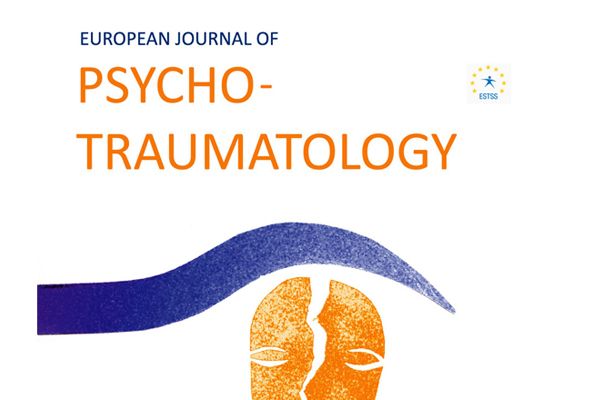18 januari 2021
European Journal of Psychotraumatology
Danielle A. C. Oprel, Chris M. Hoeboer, Maartje Schoorl , Rianne A. de Kleine, Marylene Cloitre, Ingrid G. Wigard, Agnes van Minnen & Willem van der Does
https://doi.org/10.1080/20008198.2020.1851511
Abstract
Background: It is unclear whether the evidence-based treatments for PTSD are as effective in patients with CA-PTSD.
Objective: We aimed to investigate the effectiveness of three variants of prolonged exposure therapy.
Method: We recruited adults with CA-PTSD. Participants were randomly assigned to Prolonged Exposure (PE; 16 sessions in 16 weeks), intensified Prolonged Exposure (iPE; 12 sessions in 4 weeks followed by 2 booster sessions) or a phase-based treatment, in which 8 sessions of PE were preceded by 8 sessions of Skills Training in Affective and Interpersonal Regulation (STAIR+PE; 16 sessions in 16 weeks). Assessments took place in week 0 (baseline), week 4, week 8, week 16 (post-treatment) and at a 6-and 12-month follow-up. The primary outcome was clinician-rated PTSD symptom severity.
Results: We randomly assigned 149 patients to PE (48), iPE (51) or STAIR+PE (50). All treatments resulted in large improvements in clinician assessed and self-reported PTSD symptoms from baseline to 1-year follow-up (Cohen’s d > 1.6), with no significant differences among treatments. iPE led to faster initial symptom reduction than PE for self-report PTSD symptoms (t 135 = −2.85, p = .005, d = .49) but not clinician-assessed symptoms (t135 = −1.65, p = .10) and faster initial symptom reduction than STAIR+PE for self-reported (t 135 = −4.11, p< .001, d = .71) and clinician-assessed symptoms (t 135 = −2.77, p = .006, Cohen’s d = .48) STAIR+PE did not result in significantly more improvement from baseline to 1-year follow-up on the secondary outcome emotion regulation, interpersonal problems and self-esteem compared to PE and iPE. Dropout rates did not differ significantly between conditions.
Conclusions: Variants of exposure therapy are tolerated well and lead to large improvements in patients with CA-PTSD. Intensifying treatment may lead to faster improvement but not to overall better outcomes.

Het European Journal of Psychotraumatology (EJPT) is een peer-reviewed, interdisciplinair wetenschappelijk tijdschrift dat deel uitmaakt van de European Society for Traumatic Stress Studies (ESTSS).
Het EJPT heeft als doel om wetenschappers, behandelaren en experts te betrekken bij de belangrijkste vraagstukken rond stress en trauma, waaronder individuele gebeurtenissen, herhaalde of chronische trauma's, grootschalige rampen en geweld.

